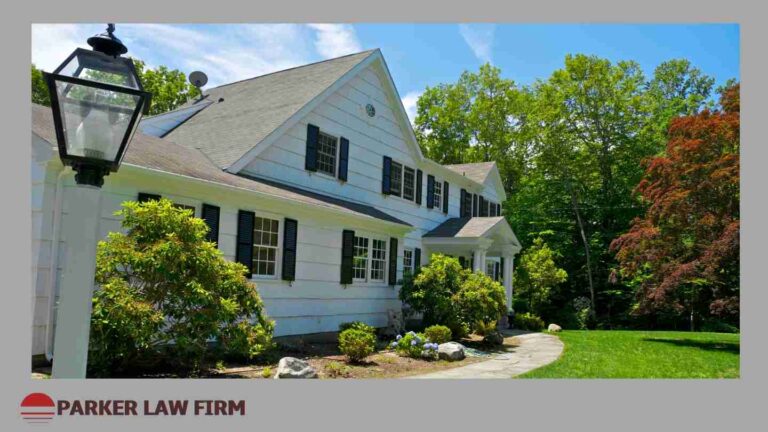

Bargain Sale - Kiplinger’s recent article entitled “2 Clever Ways to Gift Your Home to Your Kids” explains that the most common way to transfer a property is for the children to inherit it when the parent passes away. An outright gift of the home to their child may mean higher property taxes in states that treat the gift as a sale. It's also possible to finance the child's purchase of the home or sell the property at a discount, known as a bargain sale.
These last two options might appear to be good solutions because many adult children struggle to buy a home at today's soaring prices. However, crunch the numbers first.
If you sell your home to your child for less than what it's worth, the IRS considers the difference between the fair market value and the sale price a gift. Therefor., if you sell a $1 million house to your child for $600,000, that $400,000 discount is deemed a gift. You won't owe federal gift tax on the $400,000 unless your total lifetime gifts exceed the federal estate and gift tax exemption of $12.06 million in 2022, However, you must still file a federal gift tax return on IRS Form 709.
Using the same example, let’s look at the federal income tax consequences. If the parents are married, bought the home years ago and have a $200,000 tax basis in it, when they sell the house at a bargain price to the child, the tax basis gets split proportionately. Here, 40% of the basis ($80,000) is allocated to the gift and 60% ($120,000) to the sale. To determine the gain or loss from the sale, the sale-allocated tax basis is subtracted from the sale proceeds.
In our illustration, the parent's $480,000 gain ($600,000 minus $120,000) is non-taxable because of the home sale exclusion. Homeowners who owned and used their principal residence for at least two of the five years before the sale can exclude up to $250,000 of the gain ($500,000 if married) from their income.
The child isn't taxed on the gift portion. However, unlike inherited property, gifted property doesn't get a stepped-up tax basis. In a bargain sale, the child gets a lower tax basis in the home, in this case $680,000 ($600,000 plus $80,000). If the child were to buy the home at its full $1 million value, the child's tax basis would be $1 million.
Another option is to combine your bargain sale with a loan to your child, by issuing an installment note for the sale portion. This helps a child who can't otherwise get third-party financing and allows the parents to charge lower interest rates than a lender, while generating some monthly income.
Be sure that the note is written, signed by the parents and child, includes the amounts and dates of monthly payments along with a maturity date and charges an interest rate that equals or exceeds the IRS's set interest rate for the month in which the loan is made. Go through the legal steps of securing the note with the home, so your child can deduct interest payments made to you on Schedule A of Form 1040. You'll have to pay tax on the interest income you receive from your child.
You can also make annual gifts by taking advantage of your annual $16,000 per person gift tax exclusion. If you do this, keep the gifts to your child separate from the note payments you get. With the annual per-person limit, you won't have to file a gift tax return for these gifts.
Reference: Kiplinger (Dec. 23, 2021) “2 Clever Ways to Gift Your Home to Your Kids”
The 15 minute initial phone call is designed as a simple way for you to get to know us, and for our team to learn more about your unique estate planning needs.

